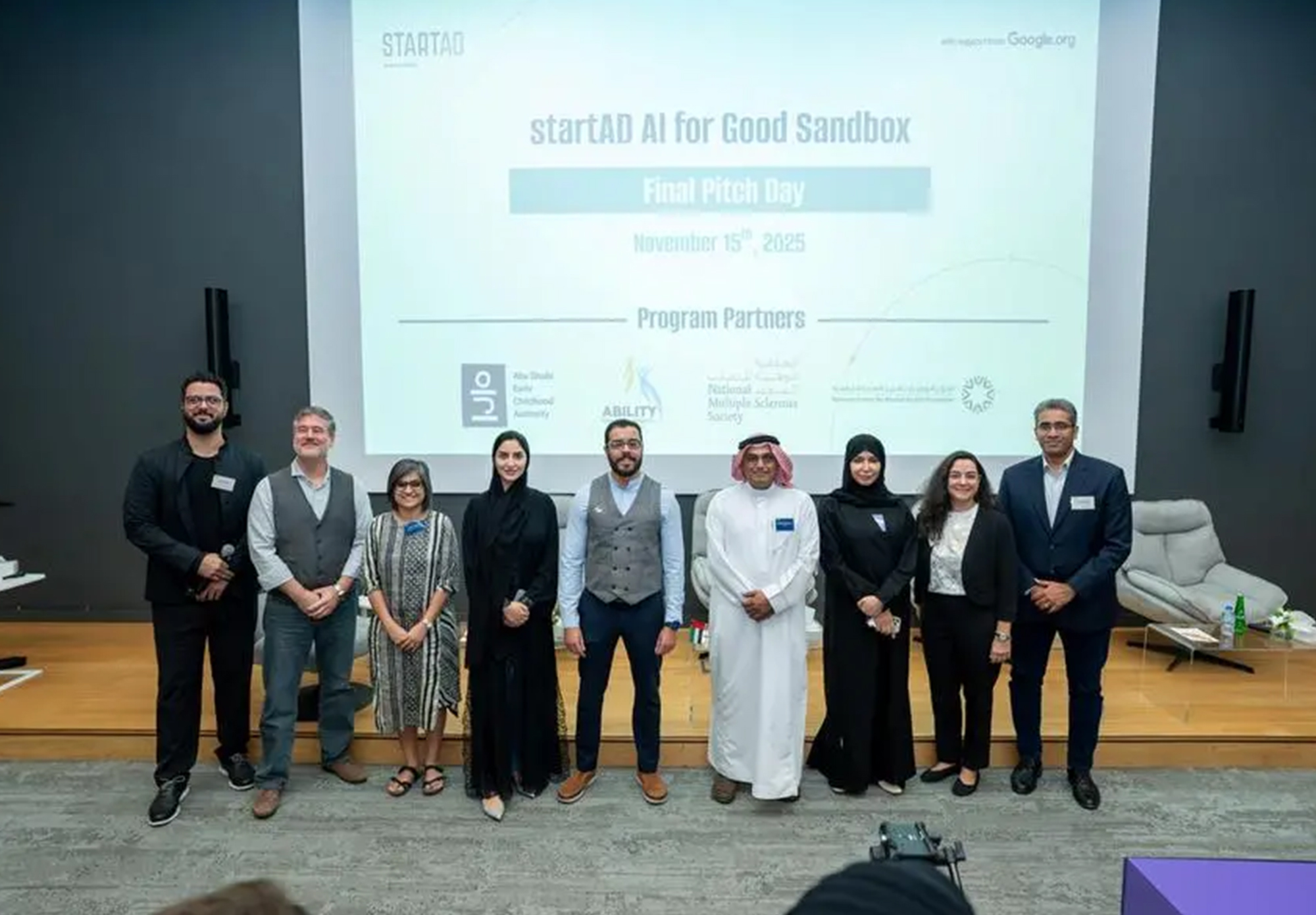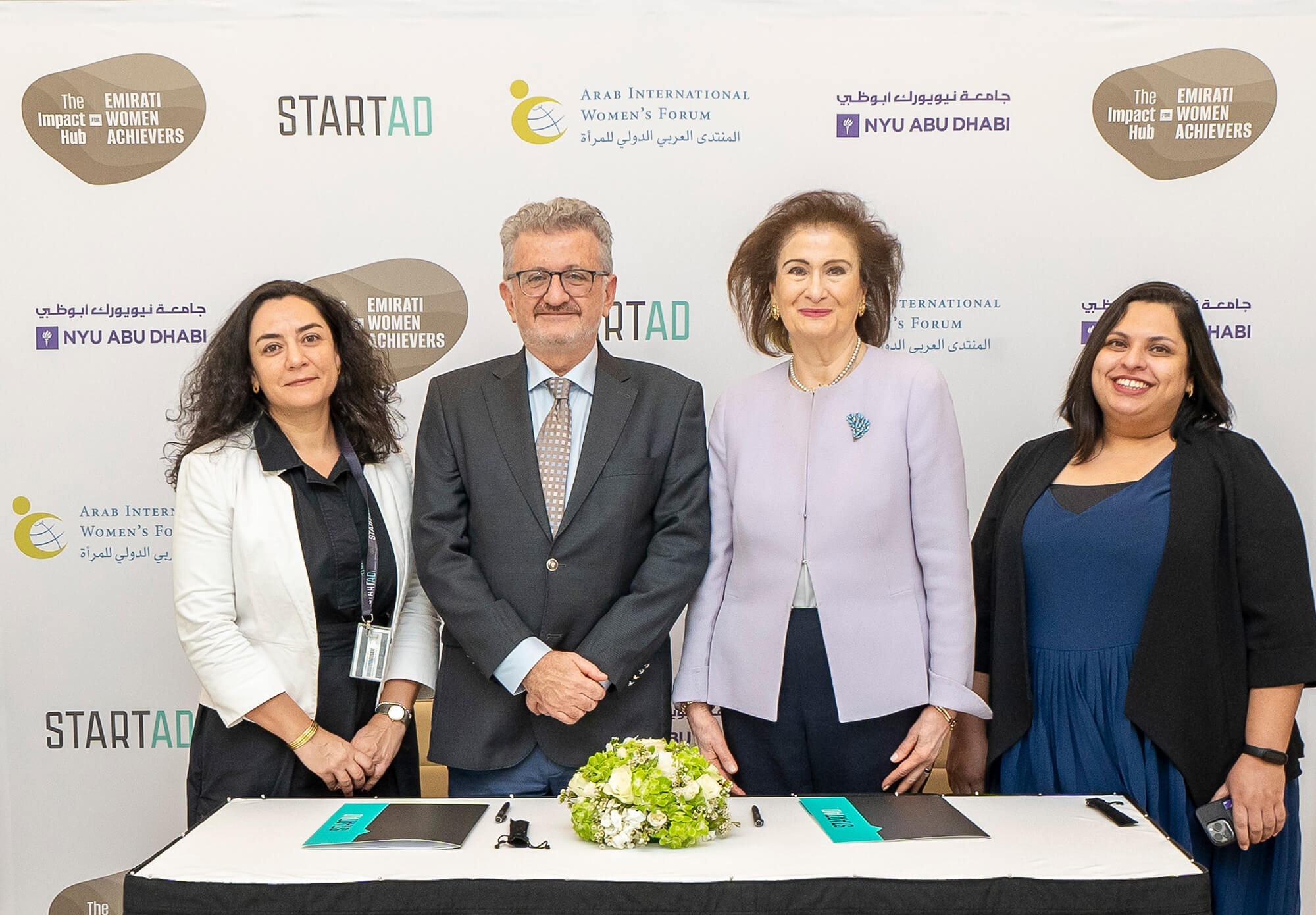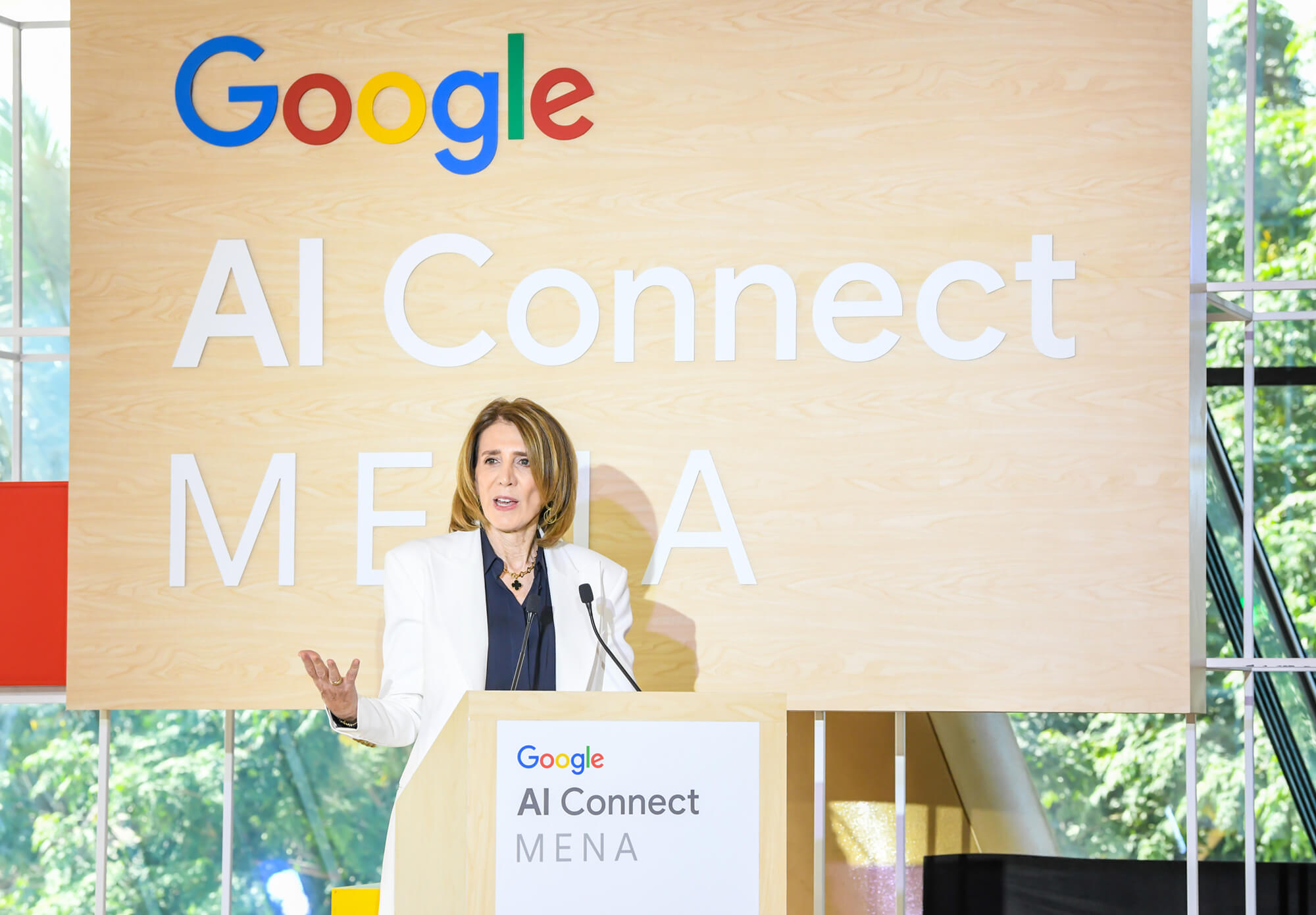
According to Dell, 85% of jobs which will exist in 2030 are yet to be invented. It’s a sobering statistic for modern educators, who have the task of training young people for jobs which currently have not been thought of. Yet in spite of the challenges which rapid digitization of our modern economy brings, the fourth industrial revolution also brings with it, its own solutions: new forms of teaching, of assessment and even of the teacher. Which begs the question: how will our children learn in 2030?
Indications of the directions in which we are headed are already available. When a Stanford University professor founded Udacity, opening up its ‘Introduction to Artificial Intelligence’ course to the world online, a total of 160,000 people registered for the class — up from the usual 200 students. Participants translated the class for free into 44 languages, providing customized individual education.
This is not an anomaly. Khan Academy, with its slogan of “free, world-class education for anyone, anywhere,” has delivered almost a billion lessons, solved more than six billion problems, and is available in 190 countries. 48 million registered users access Khan Academy in dozens of languages.
According to a PwC report, Artificial Intelligence could contribute to as much as a 14 per cent boost in global GDP by 2030, equivalent to $15.7 trillion. While there is an ongoing debate about the impact of AI on society, it is conceivable that AI-driven education programs would fundamentally democratize education as a birth-right to people from all walks of life. AI could enable complementary remote and mixed-reality work environments for humans and machines, in real-time.
AI stands to change not only global access to education but also fundamental educational methodologies. For the last two centuries, the world experienced a significant expansion in learning – global literacy rates skyrocketed from 12 to 88 per cent. However, the way we teach has not changed. While education access is beginning to be modernized, content delivery must also adapt. Here, AI can provide a range of solutions.
Lucas Rizzotto succinctly summarized areas that AI can positively impact in terms of personalized and experiential learning. Personalized learning customizes education to each individual. Rizzotto cites a study by neurologist Dr Judy Will who found that personal meaning is the most critical factor for creating long-term memories that are available for later retrieval, which has been substantiated by the Bill and Melinda Gates Foundation studies.
While personalized learning processes exist today, they require significantly more teachers and much more time. AI can cater to individual requirements and achieve results in this field at scale and low cost. For example, almost all coding lessons require an elementary knowledge of the English language, but 80 per cent of the world population — some 6 billion people — has little or no proficiency in English. To address this problem, Codecademy, a successful NYC-based start-up, has created a text-based instruction platform in several languages, allowing students to choose the language of instruction at any stage in the learning process. In principle, these kinds of AI-enabled coding platforms could continuously evaluate and anticipate the level of the challenge per user and continuously switch their learning language, customizing to each student’s learning ability.
Finally, experiential learning projects are already wielding cutting-edge technologies for educational purposes. Rizzotto cites the example of a start-up called ‘The Body VR’ that uses virtual reality to take biology and medical students on a journey through the human body, allowing them to interact with organs, blood vessels and cells for a truly immersive educational experience. He further discusses exciting applications that have been conceptualized, including tracking students’ eye pupils to access the emotional profile of students in real-time. This could even go as far as predicting their actions, questioning the very concept of tests and exams. Indeed, if you can read a student’s mind, there is no need for a final exam.
The fourth industrial revolution poses distinct challenges for our current students of needing to apply skill sets to technologies and jobs which, as of yet, have not been thought of. However, it is only through embracing the new digital ecosystem that we can come to solve these issues, providing our students with new forms of educational experience, new ways of assessment, and indeed, a new type of schooling.




